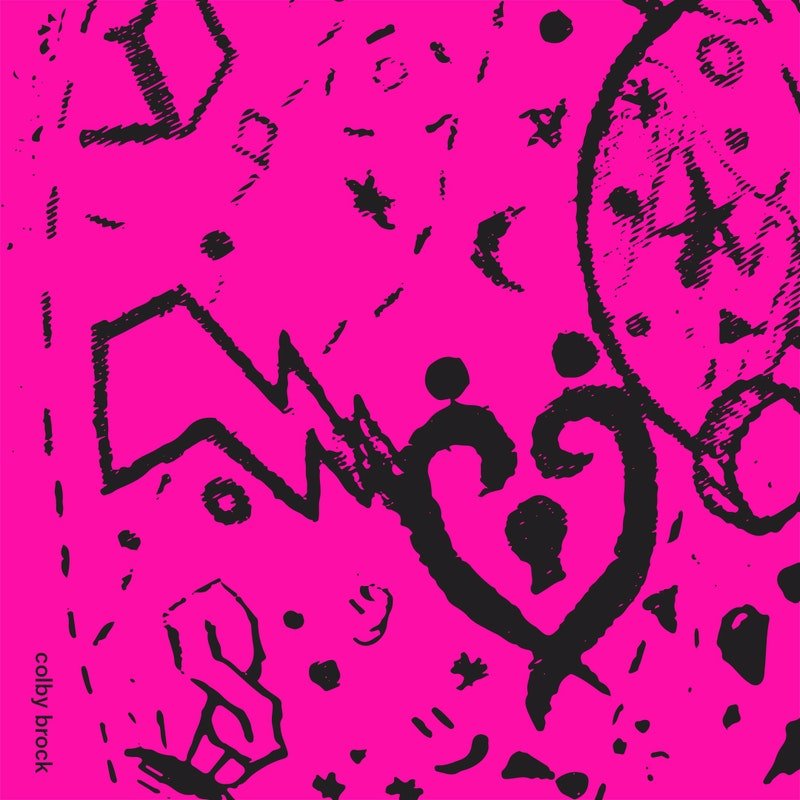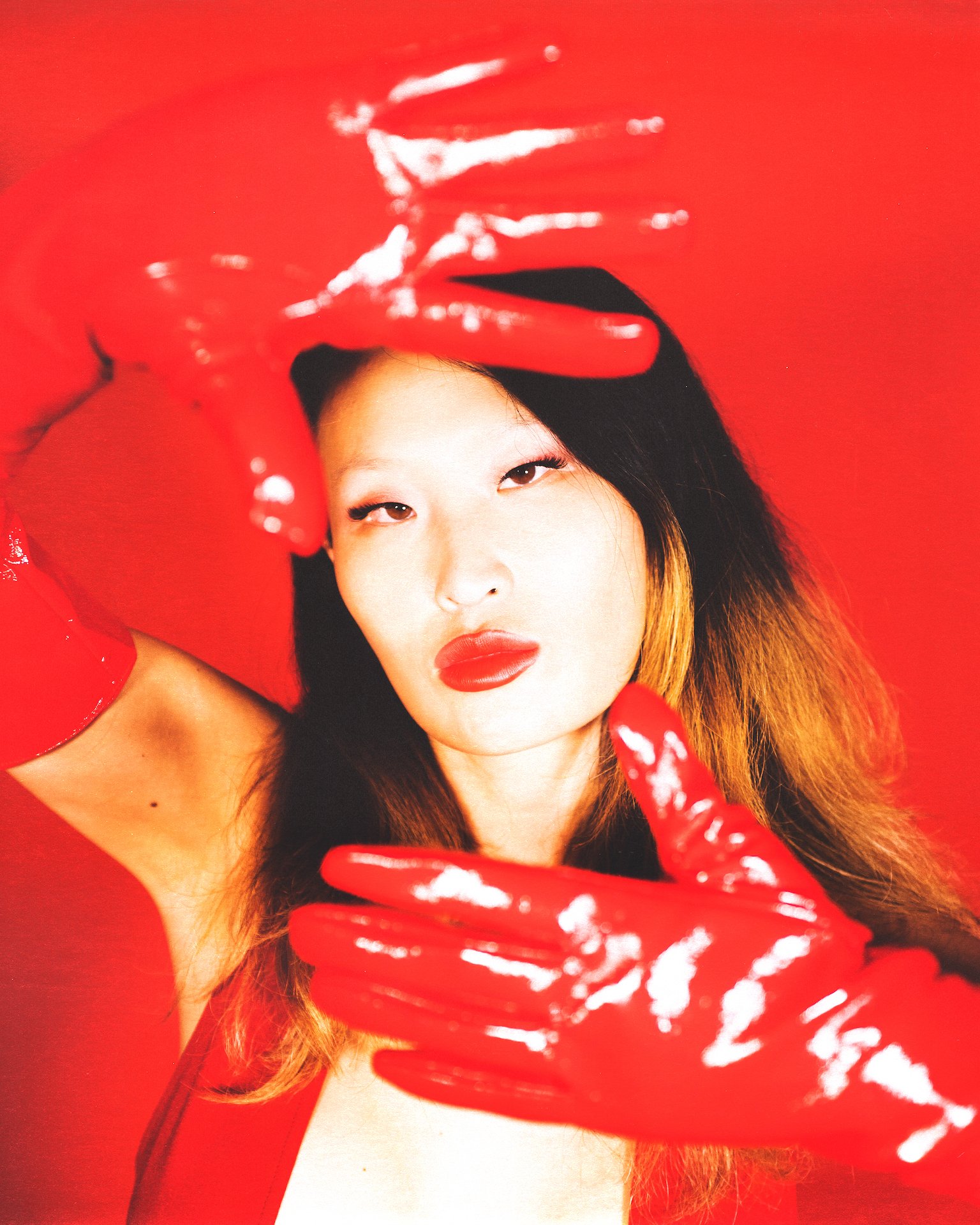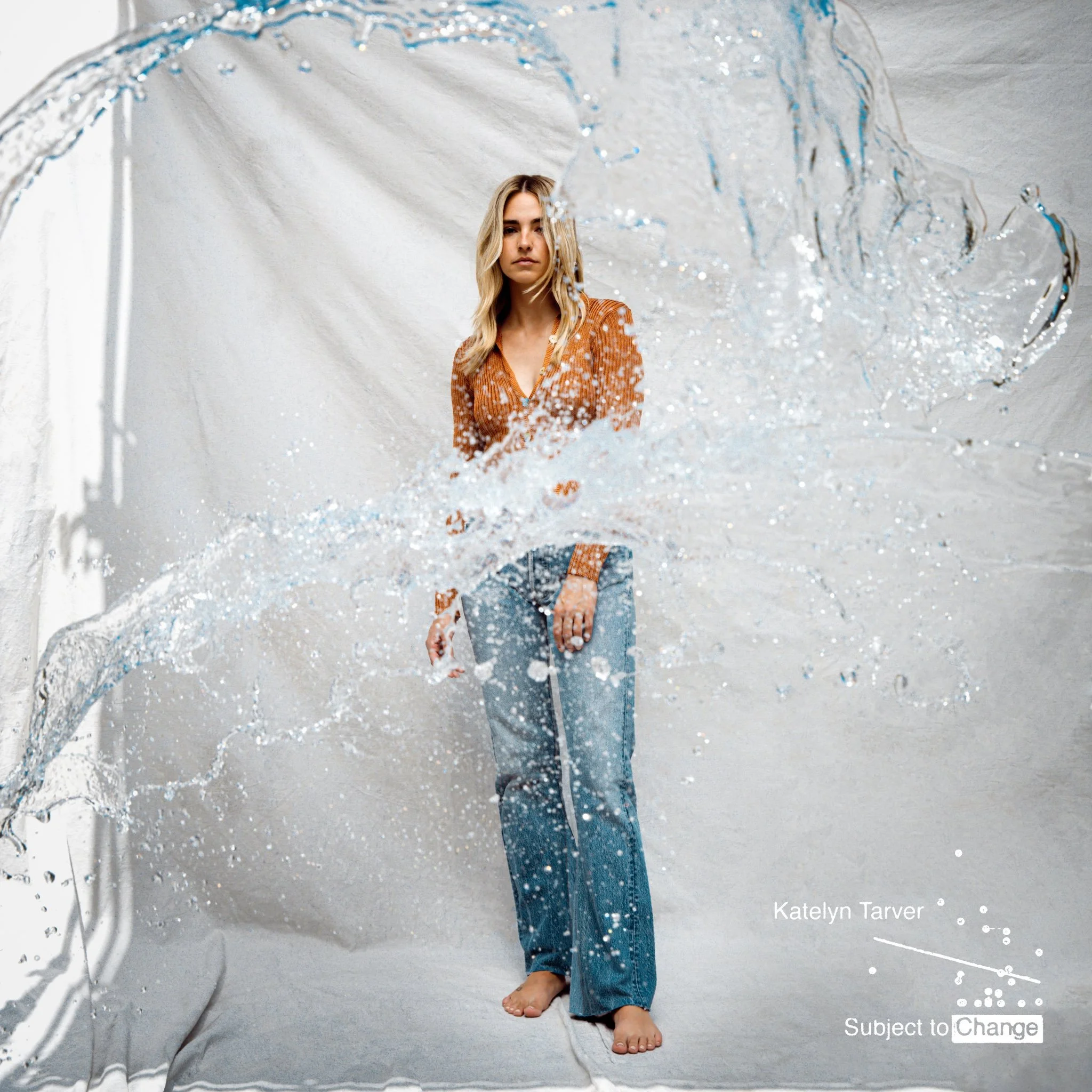From a New York City corporate executive to an emerging pop artist, Nolo Grace has found her voice. Through the brazen new single “Miss Perfect,” we’re taken on a journey of self-reflection. A reminder that accepting yourself is the perfection of its own.
The singer says on the track: “Over the past few years, I’ve worked to deprogram myself of that kind of thinking and realize that my worth has nothing to do with my achievements. My worth — everyone’s worth — is intrinsic.”
The song’s lyrics elaborate on that mental breakthrough. She recites words of how she lost herself while fighting for an ideal image. While the visual, directed by Sasha Rivero, is set in a 1950s home, trimmed with unrealistic standards. By the end, the characters are seen breaking free, dancing, and being just themselves.
“For me, the message and my story are the most important aspects of my music, and it’s important that I share a positive and helpful perspective with the world,” she says.
We spoke with Nolo Grace to get more insight on “Miss Perfect” and her own story. She tells us about her background, creating the music video, producing the single, and what she hopes her music does for others.
You’ve recently released “Miss Perfect,” the empowering video and single about accepting who you are and reimagining the concept of being perfect. Why was it important to you to write such a bold, anthem-worthy track such as this?
Nolo: “The song is definitely a statement, and I’m communicating with myself as much as I am with the world. I had to step out of my comfort zone to make this song, and that was part of the process of me embracing the message. Some of the significant lyrics in the song are, ‘I lost myself, couldn’t see myself, always living for somebody else,’ and ‘Trying to be Miss Perfect, wasn’t really worth it, found myself unearthing what I was already deserving... found my own perfection by accepting my reflection.’
Many of us work so hard to live up to impossible standards, and as a result, we never feel good enough. We never feel that anything we do is enough. Over the past few years, I’ve worked to deprogram myself of that kind of thinking and realize that my worth has nothing to do with my achievements. My worth — everyone’s worth — is intrinsic. The way we feel inside is then mirrored back at us in the situations we attract into our lives. I had to lose my addiction to hardship, worries, and struggle. I’m still working on it because it’s been ingrained in me for so long.
At the moment when I wrote the song, I was specifically reflecting on my old life as a corporate executive in NYC — all the worries, stress, and struggles tied up in the high-powered and fast-paced life and career I was leading at that time. I was desperate for answers and change, but I was also out-of-touch with myself. Over the past few years, I’ve been on a journey to completely reinvent my life. The major shifts I’ve experienced have come from changes in my thought process, including letting go of impossible standards and learning to listen to and accept myself. We often look externally for answers because we don’t prioritize our own wisdom, but the reality is that we truly are the only people who know what is best for ourselves. We all have a unique path.”
The video for the single continues to display that “ideal life." However, you incorporate the obstacles women of color face while being held to high and unattainable standards. What was the process like while developing this visual?
N: “I knew I wanted to play on the 50s theme without it being too on the nose. I had a lot of fun working on it with the director, Sasha Rivero, and DP, Tammy Santos. I’ve always been fascinated with identity — what it is, how it gets formed, and how gender, race/ethnicity, language, class, and other factors are constructs that determine so much of our lives. Maybe it’s because I spent my life constantly feeling different from other people.
For me, the idealized context in the video encouraged conformism and homogeneity. You see us breaking free of those standards as the video progresses. I’m really grateful for the talented team who worked with me on this project. It was an incredible amount of work to write up the treatment, production design, style, and finalize everything, all the way through to getting the right film grain look on the color grade.”
You’ve had your own experience pursuing perfection, just as many women have. You attended an Ivy League school and worked on Wall Street. Now, you’ve transitioned to music and found a way to express your emotions through your work. How has music helped you find your voice and identity?
N: “Well, I think of it as a mutually reinforcing process. The process of recovering my voice led me back to my passion for music. It’s really what I always wanted to do, but for most of my life, I ignored it. I had so many fears and limiting beliefs. As for expressing my emotion in my music, I think I’m still in the process of unlocking that side of myself. I’ve been in environments where it wasn’t safe or where it was weak to express emotion, whether at home, in relationships, or in my career. Music is technical, of course, but to me, it’s also primal in the way it transports and conveys emotion.
I love how magical and limitless it is. The production, writing, expression, and delivery. There are so many variables, so many ways to experiment, so many unexpected outcomes. I absolutely love it. One of the things I struggled with was the overall sound and direction of my project. I have always struggled with being someone who wants to do everything. I think that expansiveness will come with time. I’m trying not to rush it. I want to trust and enjoy the process of it unfolding.”





